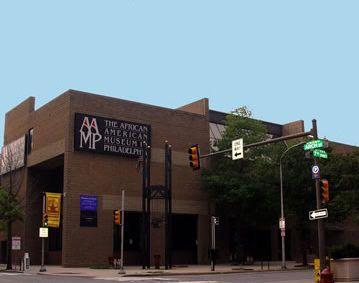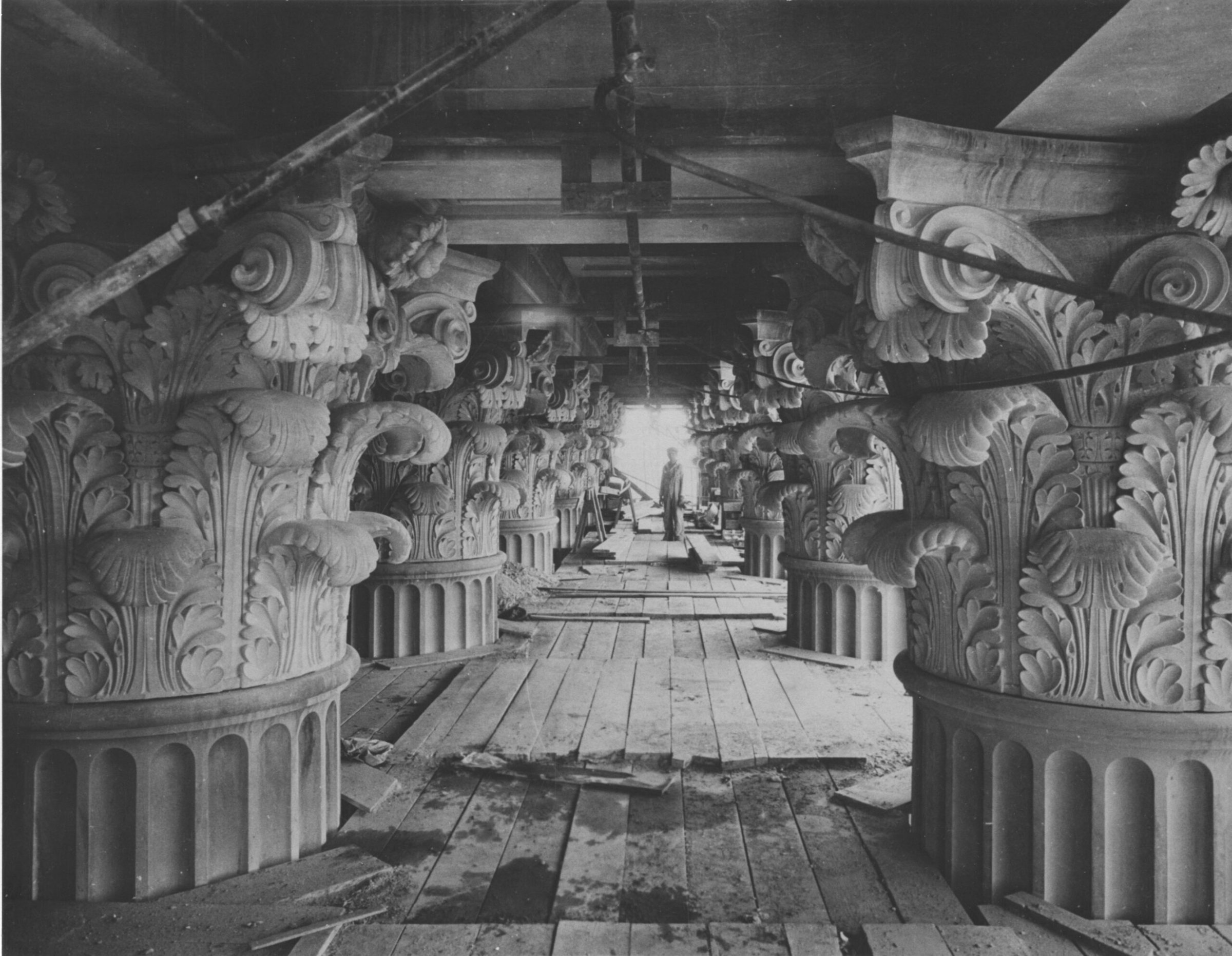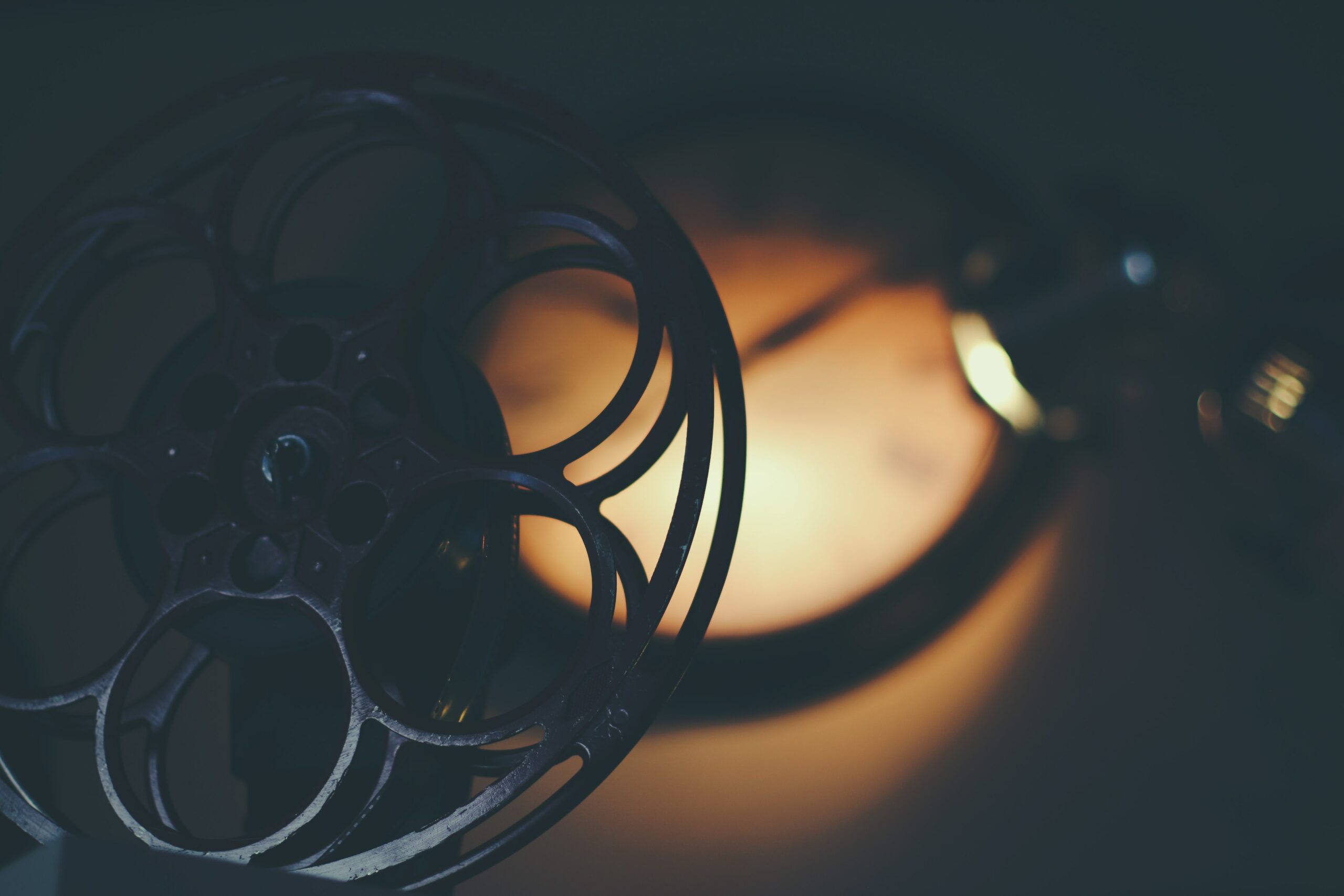Many visitors to Philadelphia flock to see the Liberty Bell, Independence Hall, and the National Constitution Center. But beyond these “symbols of freedom,” Philadelphia is also a city with a rich African American history. For those with an interest in heritage tourism, the city has much to offer that pertains to this important part of our nation’s past.

The African American Museum in Philadelphia, located 701 Arch St. Photo by Chris Hale
The African American Museum, located at 701 Arch Street, is a major attraction in the downtown area (open Tuesday–Sunday, 215-574-0380). Open since 1976, it offers an array of exhibits, including one on the integration of the once segregated Girard College (for orphans) in the 1960s.
In the same year (1787) that the Founding Fathers were drafting the Constitution, Richard Allen and Absalom Jones led African Americans out of the segregated St. George’s Methodist Episcopal Church. They went on to establish the Free African Society, and in 1794 Richard Allen founded the Bethel African Methodist Episcopal (AME) Church. Mother Bethel Church, located at 419 S. 6th Street (“Richard Allen Avenue”), was designated an historic landmark in 1974 (215-925-0616). Allen became bishop of the AME denomination, nationwide, in 1816. His tomb can be seen in the basement crypt. The AME church is a symbol of the determination of African Americans to form independent institutions of their own.
The great singer Marian Anderson purchased a home at 762 S. Martin St. in 1924. Her home is now the Marian Anderson Historical Residence and Museum. Tours are available by appointment (near 19th and Catharine Sts., a bit south of Center City, 215-732-9505). The Marian Anderson Papers are housed at the University of Pennsylvania, in the splendid Walter and Lenore Annenberg Rare Book Library (in the Van Pelt Library, at 3420 Walnut St.). Philadelphia was also the home of singer, actor, and human rights activist Paul Robeson, who lived here from 1966 to 1976. His home at 4949 Walnut Street, now an historic landmark, serves as a community center in West Philadelphia.
Martin Luther King Jr. took classes in philosophy at the University of Pennsylvania while studying at Crozer Theological Seminary in Chester, Pennsylvania. A plaque honoring Dr. King is displayed in Bennett Hall, at the corner of 34th and Walnut Streets, on the Penn campus. While at Penn, visitors may also want to stop by the University Museum of Archaeology and Anthropology, just a block away at 3260 Spruce Street. The museum is famous for its Egyptian gallery, which includes a sphinx and mummies.
The dean of African American public history in Philadelphia is undoubtedly Charles Blockson. He serves as the curator of the Blockson Afro-American Collection at Temple University, at 12th and Berks Mall (215-204-6632). The collection contains more than 30,000 books, manuscripts, pamphlets, posters, and photographs, including first editions of works by Frederick Douglass, Phillis Wheatley, Paul Laurence Dunbar, and W.E.B. Du Bois.
Philadelphia was the nation’s first capital, and George Washington resided here with as many as nine of his African American “servants” when he was president. Visitors to the National Constitution Center may take an interest in discussions about how to appropriately preserve the memory of Washington and his slaves.
Philadelphia was also a major hub of the Underground Railroad, supporting activists such as Thomas Garrett, William Still, and Lucretia Mott. The city honors the anti-slavery movement at the Johnson House, built in 1768. The house, originally owned by a Quaker family, was a stop on the Underground Railroad, and Harriet Tubman was sheltered there. Located at 6306 Germantown Avenue, it is open Thursday to Saturday and by appointment (215-438-1768).
Beyond the “historical,” Philadelphia is a vibrant center of black culture. The Philadelphia Dance Company, or Philadanco, was established by Joan Myers Brown in 1970, and offers dazzling, innovative performances. And two of the featured attractions of music and nightlife include the Zanzibar Blue Restaurant (with live jazz) at 200 S. Broad Street and Warmdaddy’s blues club at 4 S. Front Street (Front and Market Sts.). There are also a number of African, Ethiopian, and Caribbean restaurants in the city, for those who wish to delve more deeply into the diaspora.
Philadelphia is a culturally diverse and pluralistic city, with history, tradition, and heritage for everyone.
Wayne Glasker is an associate professor of history at Rutgers, the State University of New Jersey, Camden Campus.


